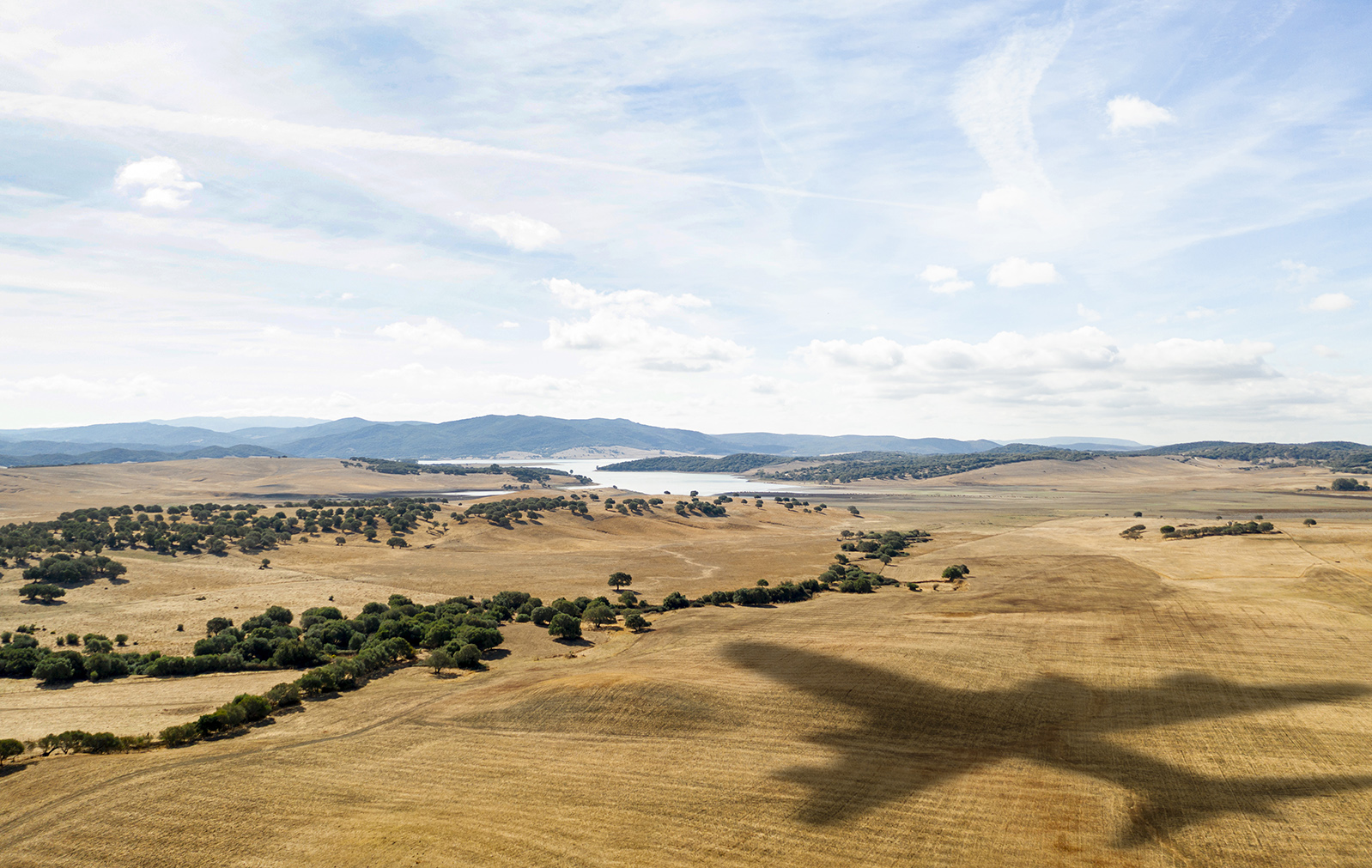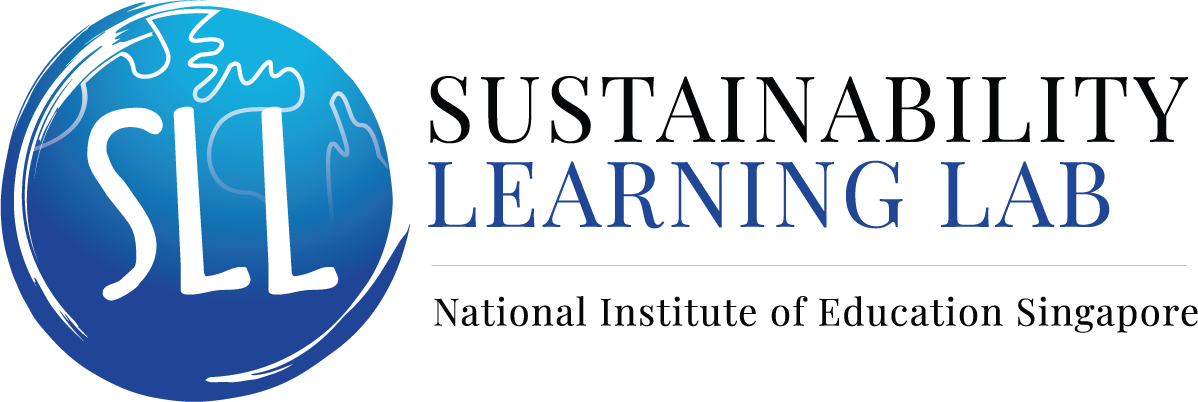Climate change is taught explicitly as a topic in the Singapore school geography curriculum. In responding to the city state’s desired outcomes of education and meeting its standards of twenty-first century competencies, it is important for learners to develop criticality and dispositions to engage climate change issues. Based on previous studies conducted by the PI over the last four years, it has been found that geography students have misconceptions about this topic that are similar to those found in other students around the world. In reviewing the literature on methodologies that support development, Learning Progression offers an empirics-based roadmap for building students’ holistic knowledge base and in confronting the fragmented and often incomplete understanding of the climate change issue. The study endeavours to answer the key question of how school geography curriculum can be designed and how it can be enacted in the classroom based on the outcomes of this research study. The methodology is adapted from the common practice of establishing a hypothetical learning progression (HLP), testing and validating the HLP to develop the empirical learning progression (ELP) before determining intervention strategies to test if students can learn climate change better through this approach. More importantly, the research study will inform the teaching and learning of climate change within the wider context of geographical and environmental education in the international community.
Projects
Ongoing
Completed Projects
2016 – 2020
Developing a Learning Progression for Climate Change in Geography Education

Team Members
Prof Chang Chew Hung (PI)
Funding Agency
EFRP, NIE/NTU
Project Description
Related Publications
Wi, A., & Chang, C.H. (2019). Promoting pro-environmental behaviour in a community in Singapore: From raising awareness to behavioural change. Environmental Education Research, 25(7), 1019-1037.
Chang, C.H. & Kidman, G. (2021). Connections in a changing world’reflections from international research in geographical and environmental education. International Research in Geographical and Environmental Education, 30(4), 279 – 282.


